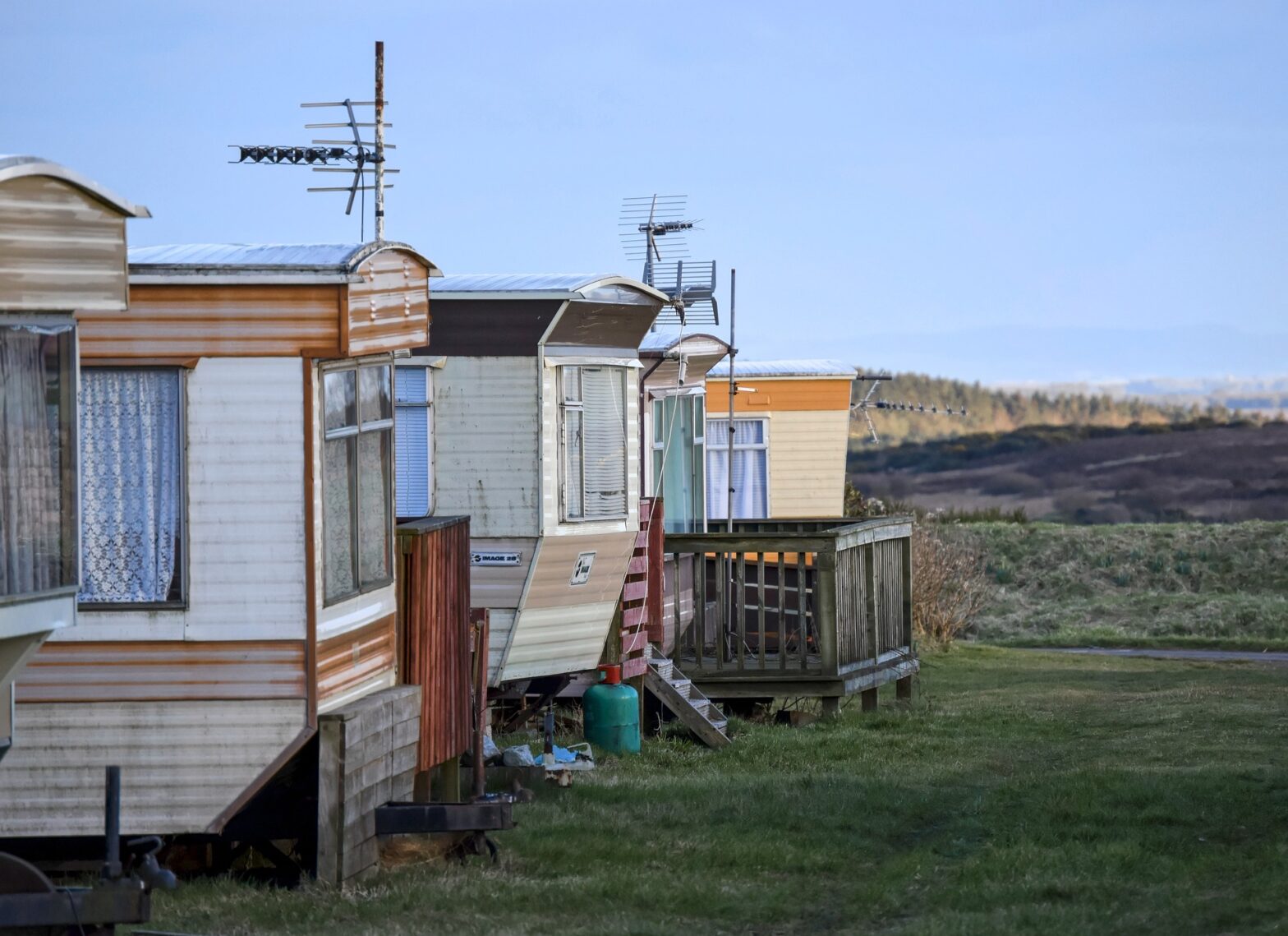What will happen to my mobile home if I file a Utah bankruptcy?
Whether a mobile home can be saved in a Utah bankruptcy depends on several factors, including the type of bankruptcy you file, the value of the mobile home, and the amount of any outstanding liens on the mobile home.
In a Chapter 7 bankruptcy, your non-exempt assets can be sold to pay your creditors. However, most states have exemptions that protect certain types of property, including mobile homes, from being sold in a bankruptcy. The exemption amount varies by state, so it’s important to consult with a bankruptcy attorney in your state to determine whether your mobile home would be exempt.
If your mobile home is not fully exempt, you may be able to negotiate with the bankruptcy trustee to keep it by offering to pay the trustee the value of the non-exempt equity or by providing some other arrangement that is agreeable to the trustee.
In a Chapter 13 bankruptcy, you can keep your non-exempt assets, including your mobile home, as long as you make payments under your repayment plan that are sufficient to provide your creditors with at least as much as they would have received if you had filed for Chapter 7 bankruptcy. You will need to continue making your regular mortgage payments on the mobile home in addition to the payments under your Chapter 13 plan.
It’s worth noting that if there are any outstanding liens on your mobile home, such as a mortgage or a lien for back taxes, those liens will generally survive the bankruptcy, unless they are paid in full during the bankruptcy. You will need to continue making the payments on any liens to avoid foreclosure or other collection efforts.
Again, the specific rules regarding mobile homes can vary by state, so it’s important, if you are in Utah to consult with a Utah bankruptcy attorney to determine the best course of action based on your specific situation.
